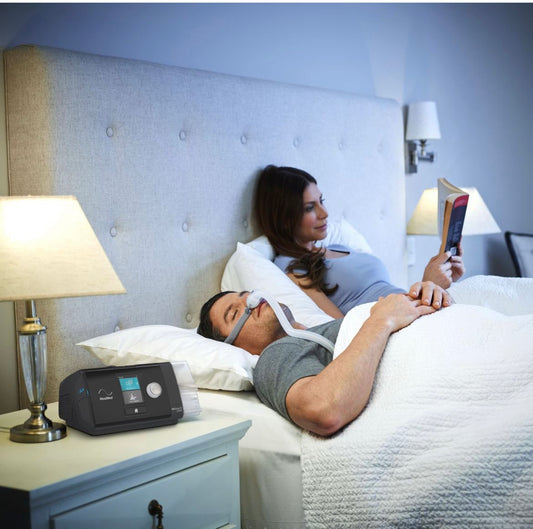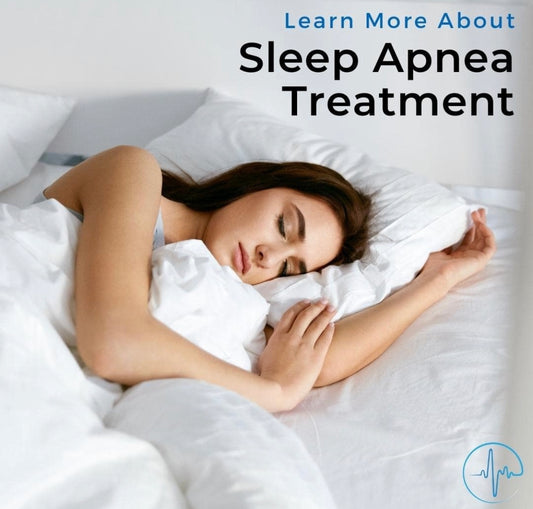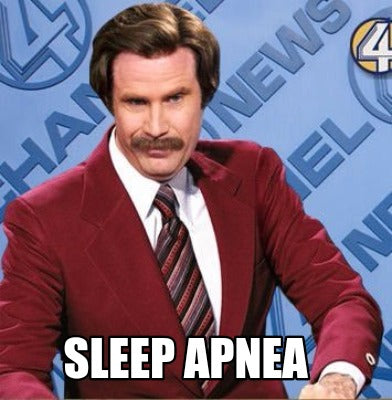Great price!! Original sealed bags, unlike my experience with others on Amazon.
For the price, this unit cannot be beat!
My sleeps are so much better for me with this than the $1000 travel machine I had been using. When I bought my old machine I couldn’t afford 2, and was travelling for work a lot. Now that I am no longer travelling, I wanted to replace the old cpap. Love this new one!
As a customer, I really appreciate how fast this was sent out to me.






